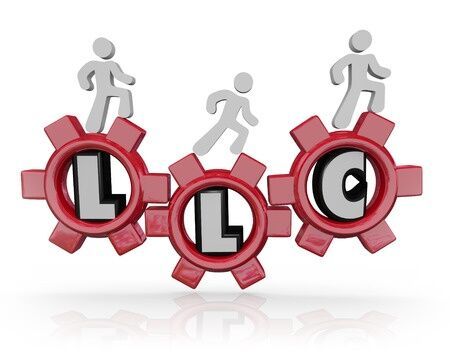
The Differences Between a Sole Proprietorship & a Single-Member LLC
One of the first crucial decisions an entrepreneur must make is how to legally structure the business. Most businesses that are started by one person begin as a sole proprietorship or a limited liability company (LLC). Below are a few of the key differences between these two approaches:
Formation. A sole proprietorship is a popular type of business structure because it is simple to form and not as costly. All the business owner must do is ensure that he or she has the required licenses and permits, then start transacting business. To form an LLC, you must register the entity with the appropriate state agency (which is typically the Corporation Commission or Secretary of State’s office). The business owner must file articles of organization and pay the filing fee. Although not absolutely required, an operating agreement for the LLC should be prepared and approved to lay out the structure of the LLC and legally confirm the manager’s capacity to act on behalf of the company. To learn more, please read our blog titled “LLC Articles of Organization & Operating Agreement.”
Funding. All businesses require adequate funding if they are going to be successful. A sole proprietorship is funded by the business owner’s personal money or by obtaining loans. Obtaining a loan for a sole proprietorship can be difficult and you will typically be asked to execute a personal guaranty of the loan (which means you are liable to repay it in the event of default by the business).
Taxes. A sole proprietor’s income is taxed on his or her individual income tax return for federal taxes. The LLC receives a “pass through” tax treatment which permits the entity’s profits to be taxed on each member’s income tax return. Both a sole proprietorship and an LLC should obtain an Employer Identification Number from the IRS in order to open bank accounts, receive income and pay employees. Special IRS rules apply to LLC’s owned by married couples in community property states; to determine how your applicable state or local taxes will affect your business’s taxes, it is important to confer with a tax professional.
Management. If you like the idea of handling everything on your own and not having to answer to anyone else regarding business matters, a sole proprietorship or single-member LLC may be a good option for you. However, if you are not experienced in running a business, it could be helpful to have a partner to assist you.
Personal liability. The business owner and the entity are considered as one and the same under a sole proprietorship. This means that you are wholly liable for all of the debts and obligations of the sole proprietorship and all of your personal property could be at risk to satisfy business debts. In contrast, the LLC is a separate legal entity so the members of the LLC are usually not personally liable for its debts. The only personal liability that an LLC owner typically has is the financial contribution he or she made to the LLC. It is important to note that there are a few circumstances where the LLC owner can be held personally liable for the LLC’s debts, such as if his or her own acts caused harm to another party or you personally guaranteed a business loan.
Contact a knowledgeable business attorney at Nielsen Law Group for advice on starting a new business, including business formation matters. You can schedule your initial consultation by calling (480) 888-7111 or submitting a web request here.

